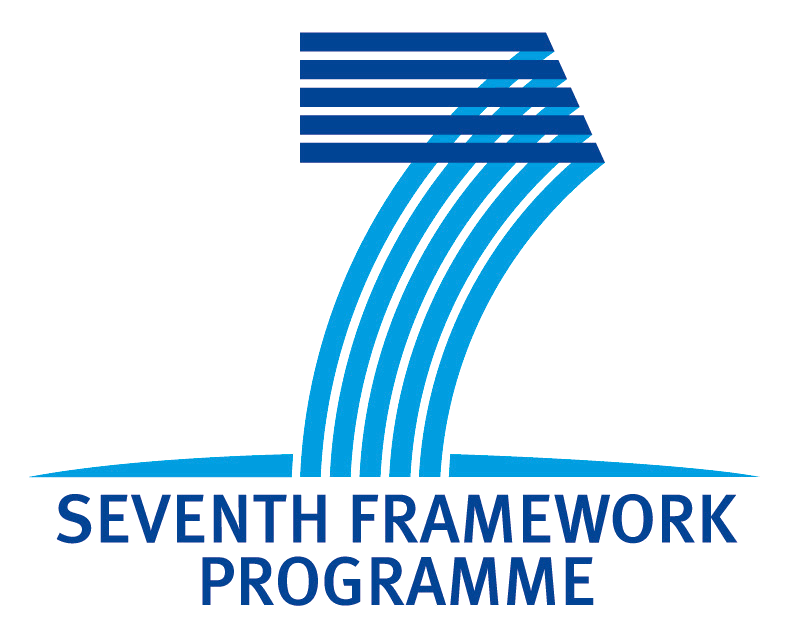Knowledge Engineering
Use of resources
-
Node Budgeted Period 1 Period 2 (est) Period 3 (est) UGOT 3 0 X X UHEL 12 0 X X UPC Ontotext 30 0 X X BI UZH
Objectives
The objectives of WP4 are - (i) research and development of two-way grammar-ontology interoperability bridging the gap between natural language and formal knowledge; - (ii) infrastructure for knowledge modeling, semantic indexing and retrieval; - (iii) modelling and alignment of structured data sources; - (iv) alignment of ontologies with the grammar derived models.
Description of work
We will provide knowledge representation infrastructure (D4.1, by Ontotext); aligned semantic models and instance bases (D4.2, by Ontotext and UHEL); two-way grammar-ontology and NL (Natural Language) to ontology interoperability (D4.3, by Ontotext and UGOT). The knowledge engineering infrastructure of MOLTO is based on pre-existing products based on open standards to ensure a mature basis. The infrastructure will provide for the storage and retrieval of both knowledge and content covering all modalities of the data. We will adapt and deliver the knowledge representation infrastructure accompanied with documentation of the technology building blocks, overall architecture, standards used, query languages and inference rules.
Having the knowledge engineering infrastructure in place, the partners will focus on building the conceptual models and knowledge bases needed for grammar development (WP2) and the use cases of MOLTO (WP6-8) - one base set and three specialized knowledge sets for the use cases. The base will be a set based on the PROTON ontology, extended with a large coverage knowledge base focused on named entities and a thesaurus. The specialized sets will include the necessary domain specific models and instances, e.g. multi-lingual patent classification taxonomies, museum ontology and instance base, etc. To ensure reuse we will use a semantic alignment methodology paired with a set of data source transformation tools for each of the structured data sources.
The WP will deliver an engine for dual way grammar to ontology interoperability. The engine will allow semi- automatic creation of abstract grammars from ontologies; deriving ontologies from grammars, and instance level knowledge from NL. In terms of retrieval, NL queries will be transformed to semantic queries and the resulting knowledge, expressed back in NL.
Questionary about data sets and the software infrastructure - what do you expect from WP4
Tasks
|
ID |
Status | Timeframe | |
|---|---|---|---|
| 4.1A | Appendix to D4.3 Grammar ontology interoperability | Completed | Mar 2012 - Apr 2012 |
| 4.3 | Autogenerated answer grammars - translations | Planned | Dec 2012 - Feb 2013 |
| 4.4 | Wkbx grammars and the WP4 demo | Accepted | Dec 2012 - Jan 2013 |
What links here
No backlinks found.


